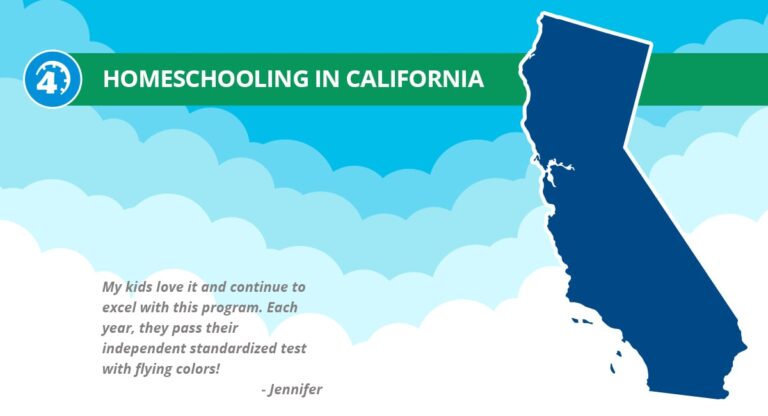Huge Hints for Students To Select the Best High School
High school is probably the most important step before going to college, with 100% of report cards, extracurricular activities, and teacher evaluations directly influencing college admissions. So many parents are extremely concerned with what they can do best for their children. Students can attend public, charter, magnet, virtual, or private schools.
Public schools are those that receive funding from the local, state, and federal governments; they are required to admit all students who live within their district’s boundaries. Counselors are unable to take control of students’ entire roadmap because public schools accept almost all students within the district.
Charter schools are relatively new types of public schools of choice that operate without many of the local and state regulations that apply to traditional public schools. The difference between charter and public schools is that charter schools allow parents and school administrators to innovate, create, and provide students with flexible education.
Other school types include magnet schools, which are designed to attract students from diverse social, economic, ethnic, and racial backgrounds by focusing on a specific subject, such as science, technology, or the arts. Magnet schools are a little different in that they require students to take exams in order to be admitted. Because of Covid-19, virtual schools are on the rise, and students can now receive their education via computer, either virtual or online.
Surprisingly, the school’s curriculum is very similar to other normal curriculums, except that everything runs online, allowing students to study with flexibility and at their own pace. Finally, private school allows students to prepare for college – private schools often have a traditional or elite reputation and a long history.
However, religious private schools, such as Catholic, Christina, Buddhist, and others, are considered to have religious faith. While private schools are more like a family like 1:1 counseling, private schools have so many students that lack one on one attention – so it is very important to determine student’s learning style as well as to find out student’s needs to choose appropriate school for the student.
Unless the parents and children are religiously sensitive, many people consider other factors rather than focusing solely on the school religions. Before deciding on which schools to attend, consider the following:
- What is the curriculum vision for the school?
- Does the school offer any extracurricular activities or field trips?
- What is the percentage of college attendance?
- What is the school’s admissions procedure?
- Where is the school located? Is school secure?
- What is the average class size?
Parents knowing their children the best, it is critical to understand their children’s potential and interests. Of course, the school curriculum is important; however, it is preferable to find a school that can help students discover their hidden talents and develop them to their full potential. Even if a student has great potential, if the school does not have student support that values students’ tardiness, parents should not send their children there. As a result, parents and children must visit the school website to determine whether the school offers customized mentorship, resources, or counseling programs for students.
True, not all schools offer mentorship programs, but mentorship can be replaced by a counseling program or a peer mentor, indicating that the school values the relationship between school administrators and students, as well as the bonding among students themselves.
Consider your nationality and the environment in which you feel most at ease. Not to mention that each student has their own cultural background and communities that they have grown up in, and the abrupt change in the environment can have an impact on students’ daily routines. For example, students who have been homeschooled face difficulties as they begin to attend school, regardless of the type of institution – demonstrating how the learning environment requires a smooth transition for stabilization.
Course options and extracurricular activities offered are indeed important in the eyes of students. Whether the school follows an AP or IB curriculum, it is critical to examine the number of AP courses offered as well as the class quality. Colleges look closely at not only your academics but also your club activities, volunteers, and internships, and both parents and children should check to see if the children’s goals and the school curriculum are aligned.

Covid-19 The pandemic has had a significant impact on school systems and curriculum, and it is critical for students and parents to check how schools respond to those sudden pandemic effects – what types of extracurricular activities they provide online, or if they have adequate access to technology and are up to date.
As previously stated, the most important part of the investigation is to go to school websites and look up course catalogs, and even go to Niche to see what parents and students think about teachers, systems, and curriculums, etc. Because the reviews are subjective, the comments are varied and candid.
Because high school is only one step behind college, which opens the next chapter for students, it is critical to carefully select the right choice for students. However, by putting in the bare minimum of effort to search up school websites and go to niche to read reviews, it is never considered difficult to decide.
Read more: The Growing Popularity of Online High Schools and How To Choose One



